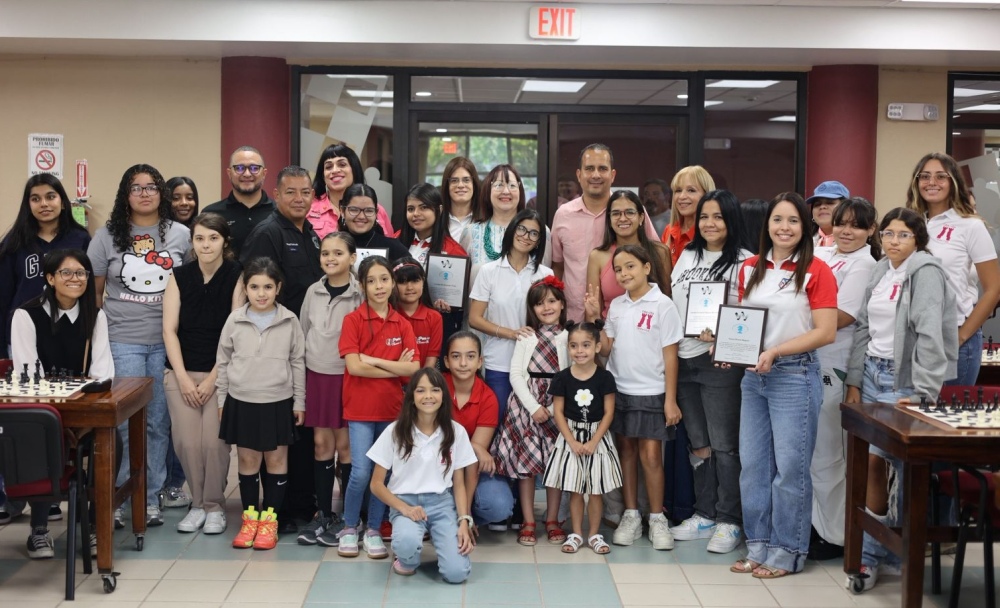
A month of global connection
This August, the FIDE Commission for Women’s Chess led the Women’s Chess Marathon – a worldwide celebration held within FIDE Women’s Month and the 2025 Social Chess Year. Each week, a different continent became the stage for tournaments, workshops, and conversations, always in close cooperation with local organizers.
Over 1,000 participants joined the Marathon worldwide, showing just how needed these initiatives are. The Marathon was not only about competition: it created safe, inspiring spaces where girls and women could feel supported, build confidence, and find role models — all while celebrating the global community that chess represents.
Week 1 – Americas: Diversity and community
The Marathon began in the Americas, where events highlighted how chess can build safe, supportive spaces for women and girls while celebrating the continent’s diversity.
An online Arbiter’s Seminar opened the week, giving participants tools to strengthen their involvement in chess beyond the board. In the Dominican Republic, the Women’s Tournament of Santiago formed part of the Chess for Girls in a Safe Environment initiative, emphasizing the importance of protection and opportunity for young players.
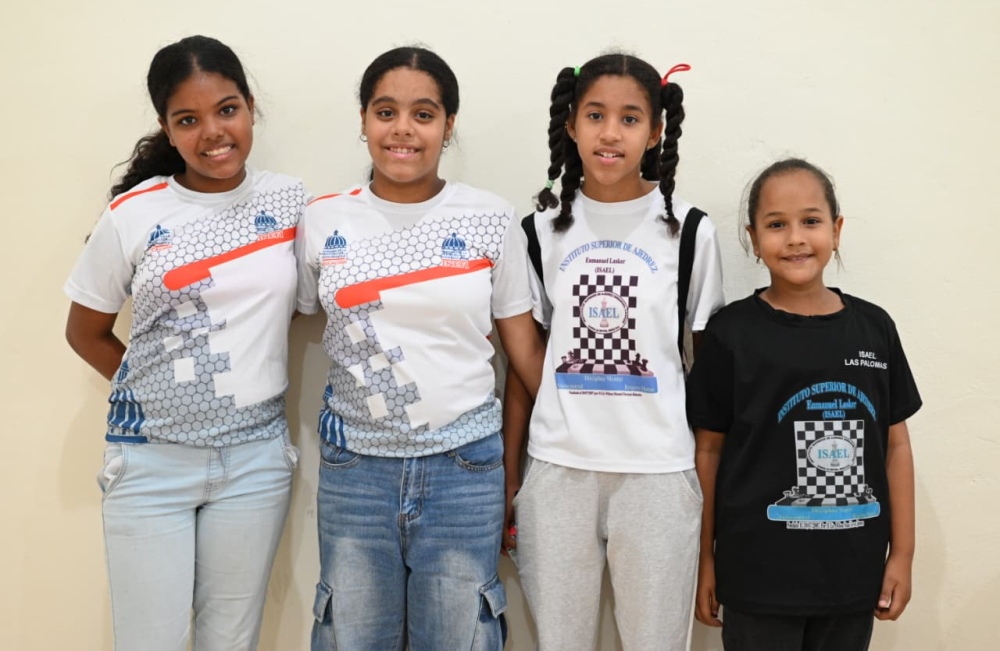
In Venezuela, a Women’s Chess Festival combined a rapid tournament with engaging talks and discussions. And in Puerto Rico, the regional closing event was hosted at the Casa del Ajedrez in Caguas. Its highlight was a simultaneous exhibition with the Women’s Olympic Team – WIM Danitza Vázquez Maccarini, WCM Yanira Rivera Negrón, WCM Coralys M. Alvarado Pérez, WCM Gabriela Vera, joined by guest master WFM Rinelly Comas Colón – inspiring the next generation.
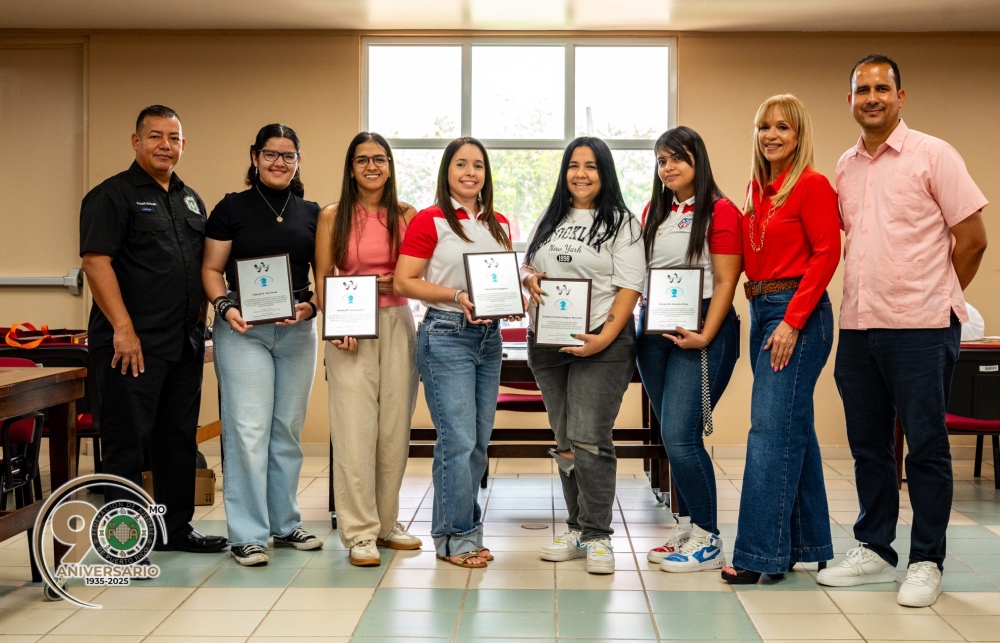
Together, these events showed how women’s chess in the Americas thrives when communities come together, creating opportunities not only for competition but also for learning and mentorship.
Big appreciation goes to the Chess Confederation for the Americas and to our Commission members Sarai Sánchez and Francisco Cruz, whose support was invaluable.
Week 2 – Africa: Meeting role models, building confidence
The second week highlighted Africa, where chess became a platform for confidence, growth, and record-breaking participation in South Africa and Zambia. A special highlight of this week was the presence of WGM Dana Reizniece, Deputy Chair of the FIDE Management Board, who attended both events. Her encouragement left a strong impression on participants, many of whom were meeting a chess leader of her stature for the first time.
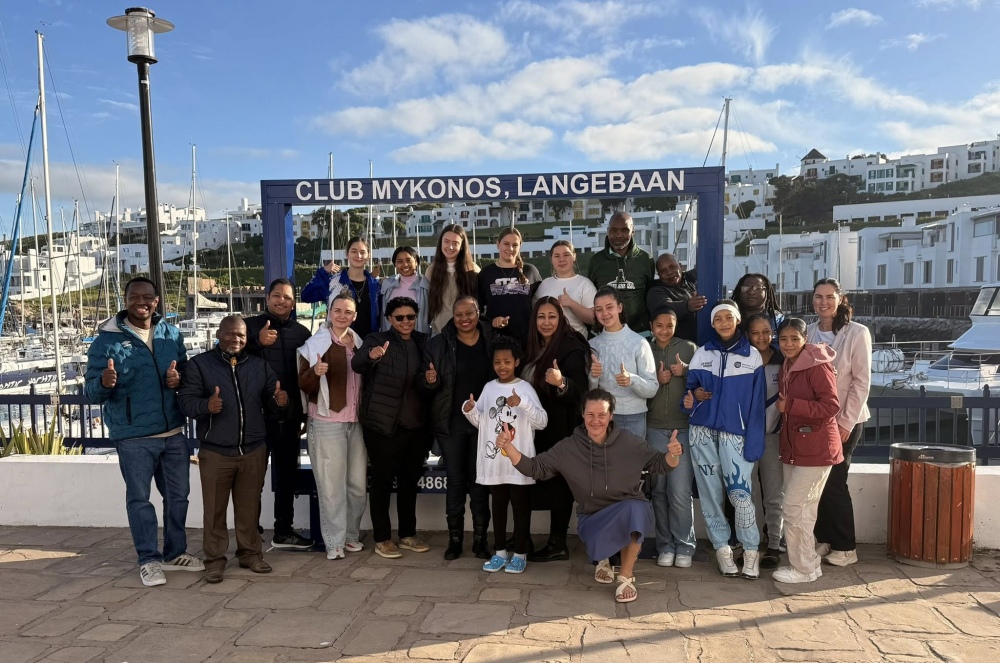
In South Africa, the Queen’s Chess Training Workshop gathered girls for skills development, with sessions by FT Eric Takawira, FI Reuben Salimu, and Nadzeya Krauchuk. Dana Reizniece opened the event with her lecture Making it in Chess and later led a simultaneous exhibition at Louwville High School. The week concluded with a Women’s Month Blitz Tournament.
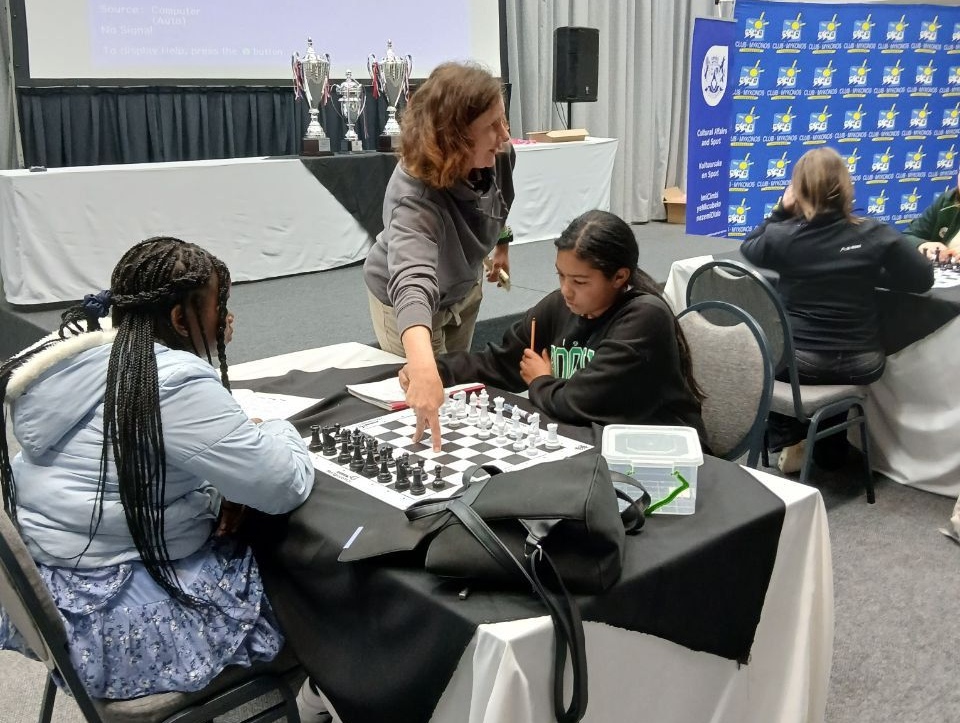
Just days later in Zambia, history was made: the Rapid Women’s Chess Championship brought together 88 female players, the largest number ever for a women’s championship in the country. Here too, participants benefited from presence of Dana Reizniece, as she delivered a motivational talk that encouraged them to pursue their ambitions in chess and beyond.
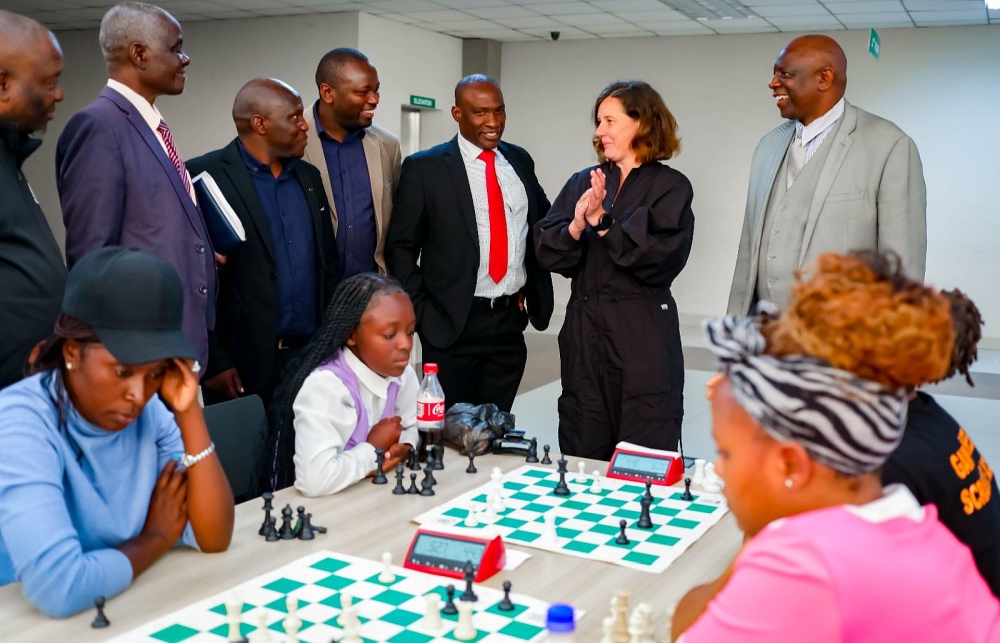
Special thank you to the Chess Federations of South Africa and Zambia for making these groundbreaking events possible.
Week 3 – Asia & Australia: Inspiration across generations
The third week of the Marathon showed how women’s chess flourishes when communities rally behind it.
In Nepal, the Himalayan Chess Academy staged one of the largest women’s and girls’ tournaments in the country’s history, drawing 142 players aged between 5 and 67. The tournament also received extraordinary backing from across sports, culture, and education. Distinguished guests such as Palesha Goverdhan, bronze medalist at the Paris 2024 Paralympics, lent their support, underscoring how much potential girls and women in chess hold — and how vital it is to surround them with encouragement and recognition.
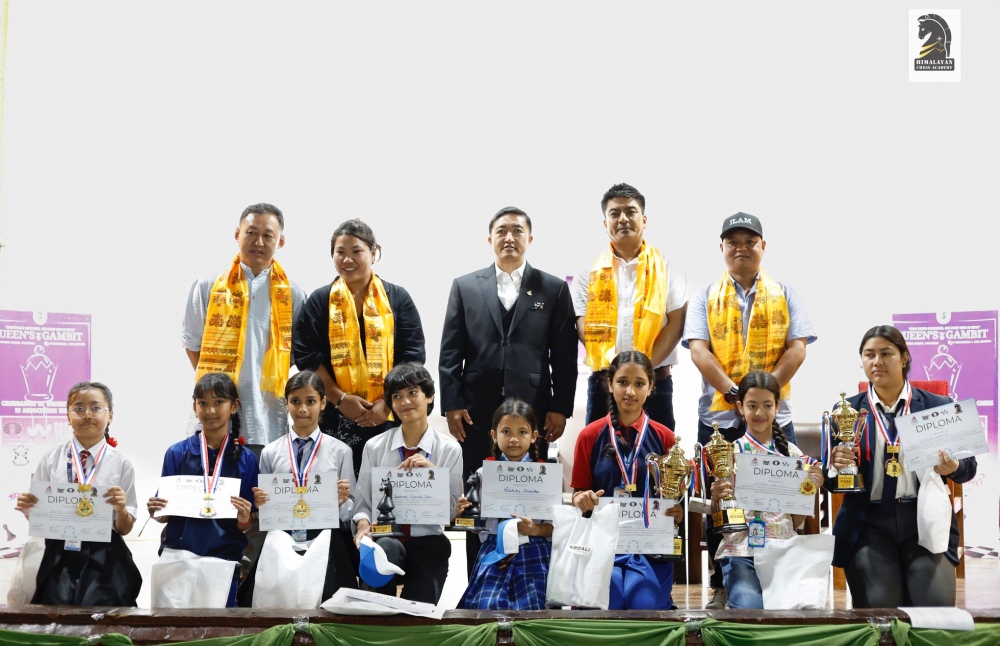
Meanwhile in Australia, celebrations stretched across schools and generations. From the Korowa Anglican Girls School Zonal Tournament with 120 participants, to motivational talks by Angelica Zivanovic, and a lecture with simultaneous exhibition by WGM Julia Ryjanova, girls experienced both high-level chess and inspiring stories. The events also honoured Leonid Sandler, whose 25 years of coaching at Lauriston Girls School have left a remarkable legacy. Altogether, the Australian program blended large-scale participation with the impact of dedicated role models, creating a true celebration of women’s chess.
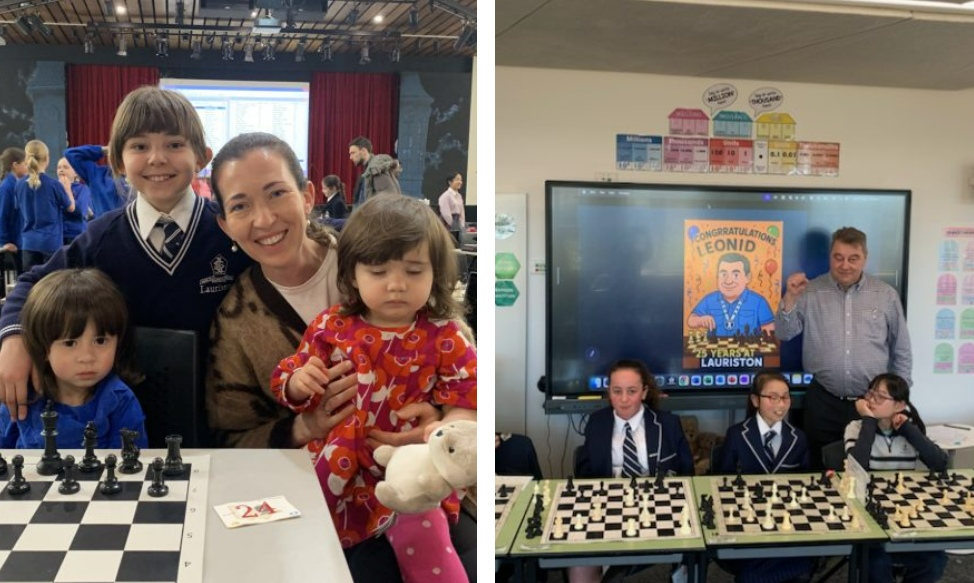
Special thanks go to Monalisha Khamboo and Leonid Sandler, whose dedication and long-term support continue to strengthen women’s chess across the region.
Week 4 – Europe: The power of women’s voices
The Marathon concluded in Europe with events that emphasized the importance of women’s voices in shaping the future of chess.
In Italy, the conference Power Moves: Women Shaping Chess was hosted at Campus San Francesco in Conegliano. Speakers included Anastasia Sorokina, Chair of the FIDE Commission for Women’s Chess, WGM Aleksandra Dimitrijević, IA Franca Dapiran, and Veronika Goi, moderated by Deborah Pavei. Their reflections touched on leadership, education, and inclusion in chess communities.
This event was especially meaningful for our Commission because it featured Anastasia Sorokina, Chair of our Commission. A passionate advocate for girls and women in chess, she works tirelessly to make the chess world welcoming and inclusive for everyone.
Part of the celebration in Italy was a Girls & Boys Blitz Team Tournament, encouraging teamwork and friendly competition and teaching about inclusion in a fun way.
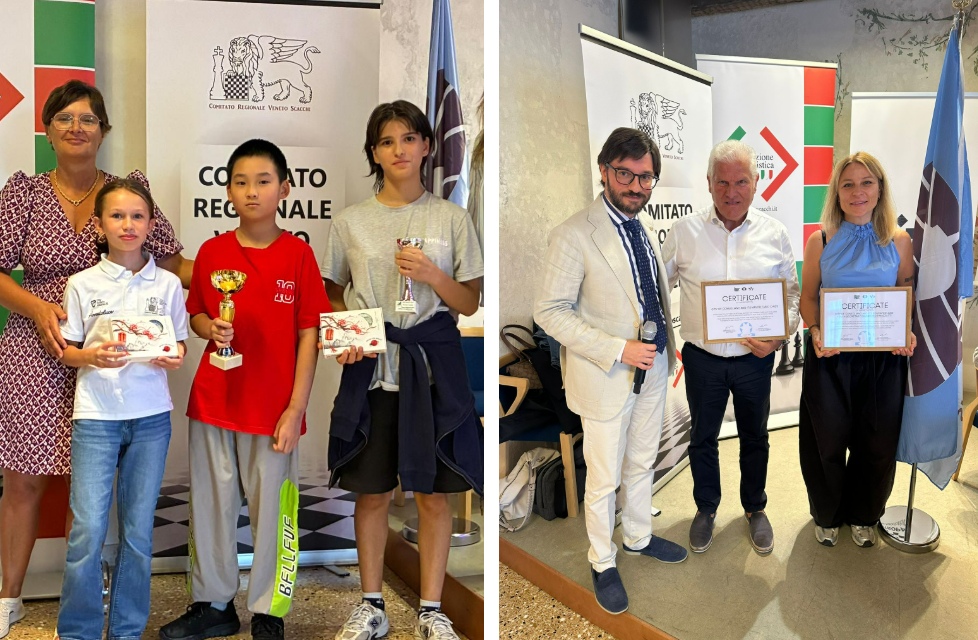
In Portugal, the Women’s Talks in Matosinhos followed the National Women’s Semi-Rapid Championship, won by Marta Almeida. The panel featured Susana Gonçalves (WOM member and President of Chess2All), WIM Jussara Chaves, Ana Inês Silva, Isabel Nunes, Luísa Salgueiro (Mayor of Matosinhos), and André Vögtlin, Chair of the FIDE Social Commission. His presence added particular significance to the closing event of the Marathon, linking it to the wider celebration of FIDE Women’s Month within the 2025 Social Chess Year.
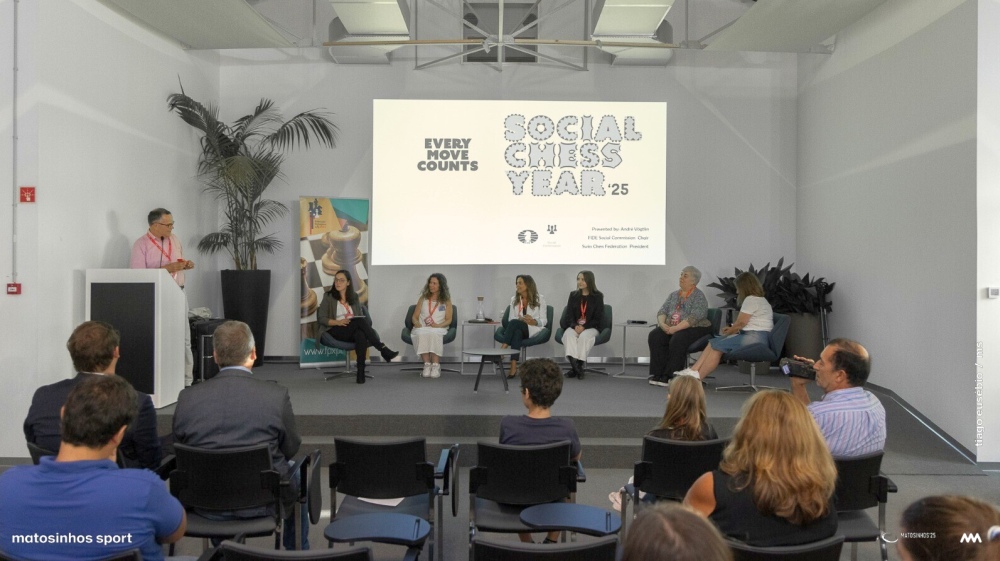
Special thanks to the Italian and Portuguese Chess Federations and all local partners for making these meaningful events possible.
Beyond the official events
While each week focused on a different continent, the Marathon reached far beyond its official program. Independent organizers joined the global celebrations and hosted their own tournaments, talks, and online activities to stand with the initiative – from Kenya to Canada.
These efforts proved that when given a platform, communities are eager to create spaces where women and girls feel welcome in chess.
Women’s Marathon
The Women’s Marathon showed that when women and girls are given space in chess, they bring diversity, inspire new generations, and strengthen communities. From arbiters and organizers to players, coaches, and leaders, women’s perspectives enrich and strengthen chess as a sport and as a community.
We extend our gratitude to all federations, partners, speakers, and local organizers, and especially to the members of the FIDE Commission for Women’s Chess, who made this initiative possible. Together, we are shaping a future where every girl and woman can find her place in chess.

